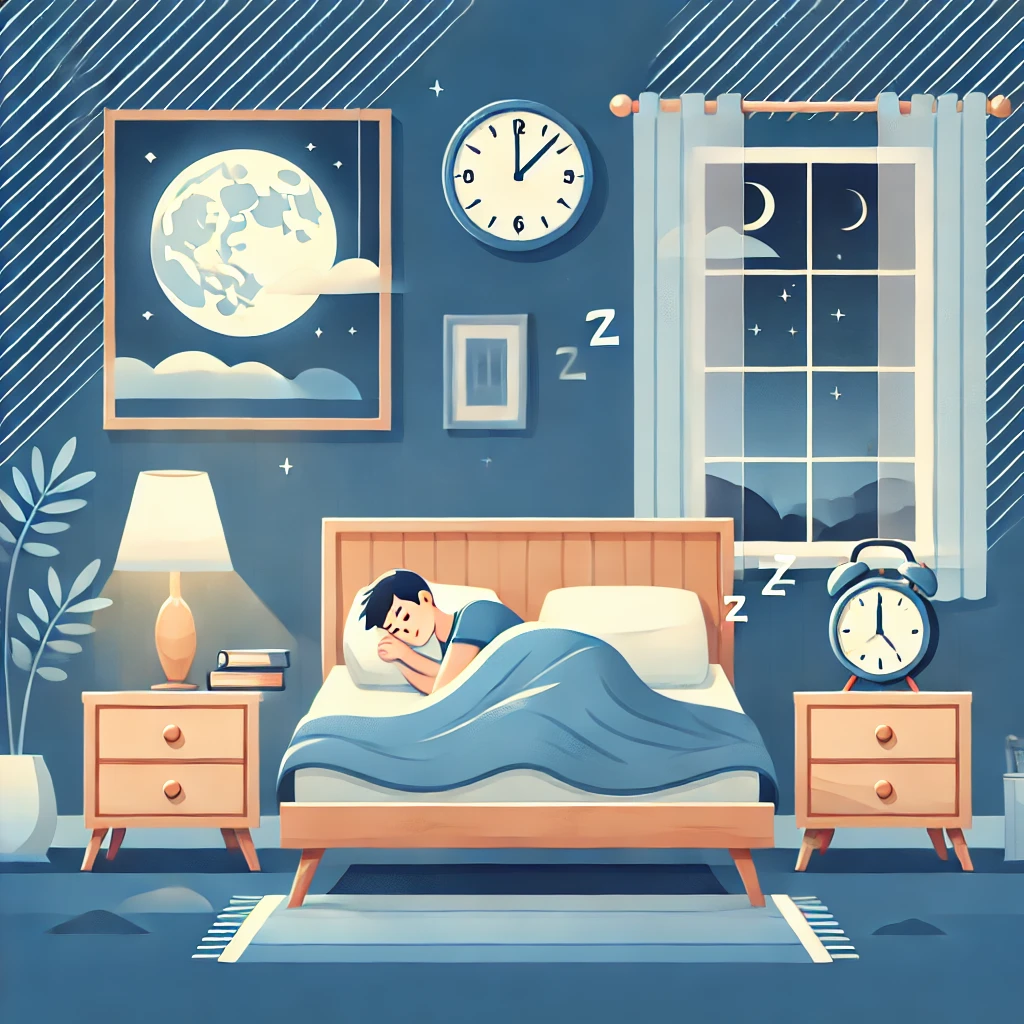Hey there Auburn / Opelika fitness nerds!
I’ve worked with plenty of clients who have struggled with sleep their entire lives. Falling asleep, staying asleep, getting deep sleep—you name it. Many of them used to wake up tired and feel lethargic throughout the day. They thought they were just “bad sleepers” and that there was nothing they could do about it.
Fortunately, that’s not the case. Here are seven scientifically-proven protocols that have helped our clients improve their sleep quality and, in turn, boost their energy throughout the day.
1. Get Sunlight in the Early Morning
We’ve evolved to naturally rise and set with the sun. Getting sunlight in the early morning hours, especially when the sun is at a low angle in the sky, signals to your body that it’s time to wake up. It also helps set your biological clock, making it easier to fall asleep at night.
2. Avoid Eating 3 Hours Before Bed
Your body needs time to digest food before you sleep. Eating too close to bedtime can interfere with your ability to get restful sleep. Studies suggest that avoiding food for at least three hours before bed significantly improves sleep quality.
3. Stop Doomscrolling on Your Phone
The blue light emitted from screens disrupts melatonin production, making it harder to fall and stay asleep. Moreover, constant scrolling provides a dopamine hit that can overstimulate your brain. Put your phone away at least an hour before bed to improve your sleep quality.
4. Manage Your Caffeine Intake
Limit caffeine to 90 minutes after waking up and avoid it within 10 hours of bedtime. Caffeine interferes with your body’s natural wake-up mechanisms and can reduce sleep quality if consumed too late in the day. Experiment to see how caffeine affects your sleep and adjust accordingly.
5. Exercise Regularly, But Not Right Before Bed
Regular exercise promotes better sleep quality by reducing stress and regulating your circadian rhythm. However, vigorous exercise too close to bedtime might make it harder to fall asleep, so aim to finish your workouts at least a few hours before hitting the sack.
6. Limit Alcohol Before Bed
While alcohol might make you feel sleepy initially, it reduces the quality of your sleep. Even one or two drinks can impact your sleep cycle, leaving you feeling groggy the next day. Cutting back on alcohol, especially in the evenings, can make a significant difference.
7. Stick to a Consistent Sleep Schedule
Going to bed and waking up at the same time each day helps train your body’s internal clock, making it easier to fall asleep and wake up refreshed. Consistency is key to establishing a healthy sleep routine and improving sleep quality.
Conclusion
Don’t settle for average sleep—it’s your body’s way of recharging your batteries. Implement these tips, and you’ll likely notice improvements in your sleep quality and overall well-being.
Keep moving… Stay moving… Stay healthy!
In good health,
Cam Peavy & The Infinity Team




